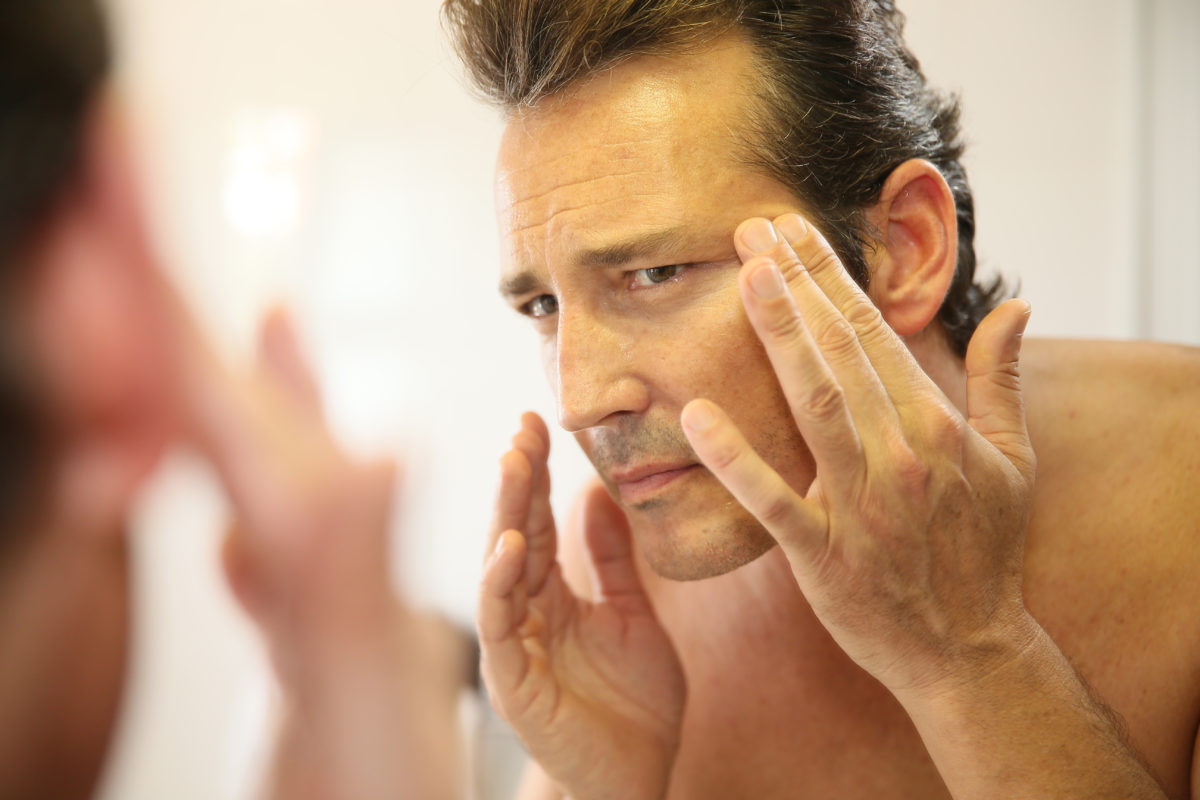The Skin Cancer Foundation is taking the opportunity this Father’s Day to highlight the risks that men above the age of 40 tend to face when it comes to high levels of sunlight.
In a recent announcement, the foundation noted that a growing number of people are diagnosed with melanoma each year, even as many other types of cancer see their numbers diminish. Men above the age of 50 were said to show the largest increase in deaths from melanoma. “Melanoma is a concern for everyone, but adults over age 40, especially men, have the highest annual exposure to UV radiation,” said Dr. Perry Robins, president of The Skin Cancer Foundation, “The sun’s UV radiation is associated with about 90 percent of all skin cancers. We need to work harder to reach men with our messages, and give them the tools they need to protect themselves.”
People have long been advised to apply sunblock when spending time at the beach and other outdoor spaces, especially during the hot summer months. However, people who spend a lot of time driving vehicles could face an elevated risk as well on the left side of their bodies. This is based on research from the St. Louis University Medical School which found that 56 percent of skin cancers found in men on their heads and necks were on the left side, which is exposed to the sun during driving.
The Skin Cancer Foundation advises people to consider darker and denser clothing to help absorb more ultraviolet radiation when outdoors. Wearing a brimmed hat can be another way to reduce the risk of skin cancer. However, the foundation warns that baseball caps will not typically provide significant protection from the sun. Sunglasses and a sunscreen with a sun protection factor above 15 are also strongly recommended when spending time outdoors this summer.
A skin cancer diagnose can be extremely dangerous and even those with minor cases can face high medical bills and elevated health insurance premiums.
With this in mind, it’s advisable to know the warning signs of skin cancer. For example, moles and freckles with a diameter larger than a pencil eraser are considered suspect. Also, skin markings that change shape or color should also be checked by a physician at once.
